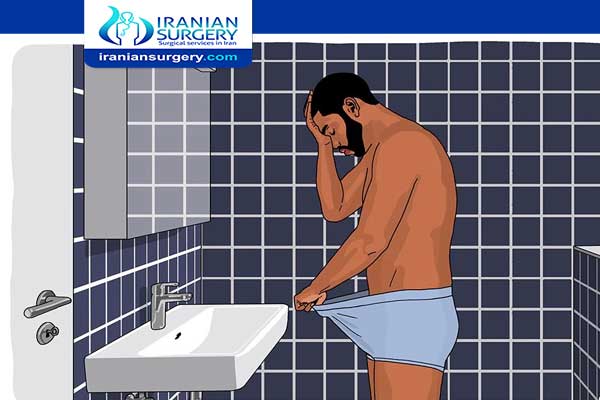Does having one testicle affect testosterone

Does having one testicle affect testosterone?
Having a unilateral orchidectomy (one testicle removed) should not affect the overall circulating testosterone level in the body, providing the remaining testicle is healthy and can produce enough testosterone to make up for any deficit. In some men, low testosterone may be serious and they may experience more severe symptoms, especially the longer their testosterone levels remain low. Having a unilateral orchidectomy (one testicle removed) should not affect the overall circulating testosterone level in the body, providing the remaining testicle is healthy and can produce enough testosterone to make up for any deficit.
However, in some men such as those who have had, or are having chemotherapy, testosterone production in the remaining testicle may be affected. This is usually not permanent but it may take quite a while after treatment for testosterone levels to recover. Alternatively, in men who have had a bilateral orchidectomy, the testosterone level will fall to a minimal level and in this situation men will need to start testosterone replacement therapy. After bilateral orchidectomy, the body will not be able to produce sperm and only very low levels of testosterone will be made from the adrenal glands.
Read more about : Surrogacy in Iran
Read more about : Stages of fissure healing
Read more about : Virgin tightening surgery before and after
How will I know if my testosterone is low?
If testosterone levels fall men may feel tired, low in mood and can develop hot flushes. Weight gain and a loss of muscle strength can also occur. These ‘symptoms’ can often be quite vague and difficult to recognise.
Much more specifically, if the testosterone levels are much lower than normal, men usually notice a loss of or difficulty in achieving normal erections on waking up in the morning, a fall in sex drive (loss of libido)and difficulty in maintaining erections strong enough for masturbation or sexual intercourse. If testosterone levels are low for a prolonged time, breast swelling (gynaecomastia), thinning of the bones (osteoporosis) and increase the risk of cardiovascular disease.
Read more about : How much do you get for donating a testicle pros and cons?
Read more about : Gender Reassignment Surgery (Male To Female)
How else could I be affected by my treatment?
Because treatment for testicular cancer is intense and occurs in a fairly short space of time, men not only have to recover from the physical and mental strain of their illness but may find themselves struggling with the symptoms of low testosterone as well. Although low mood and sometimes depression can occur after testicular cancer treatment, men should consider asking their specialist team or GP to check them for possible testosterone deficiency. A simple way of identifying potentially low testosterone levels is to have a blood test performed which can measure the level of testosterone that the body is producing.
The blood test to measure testosterone levels
It is important that this particular blood test is performed in the morning. Testosterone levels are at their highest early in the morning, and this is when the blood test can be performed accurately. The results should only take a few days to be fully processed in most areas.
What is the normal level?
A normal level of testosterone is usually considered to be between approximately 9 – 30 nmol/L (nanomoles per litre). A level below 8 nmol/L is considered to be low and the blood test should be repeated. If it is low on 2 occasions taken at the right time of the day, then men will usually benefit from starting testosterone replacement therapy. Borderline levels are between 9 – 12 nmol/L and will often be monitored however treatment is not usually started in this range as it does not make a difference to how most people feel. However if men are displaying symptoms of low testosterone with a borderline level a trial for 6- months can be commenced to see if it helps resolve the symptoms.
If a man is worried that they may have a low testosterone level, they should speak to their consultant and specialist team who can arrange for men to be assessed for this problem and see a hormone specialist (endocrinologist).
Read more about : Varicocelectomy Surgery
Read more about : Ureteral Stenting And Nephrostomy Procedure In Iran
Read more about : General surgery
Reference :
https://www.healthline.com/health/faqs-about-living-with-one-testicle
10 common questions about Does having one testicle affect testosterone
[kkstarratings]


